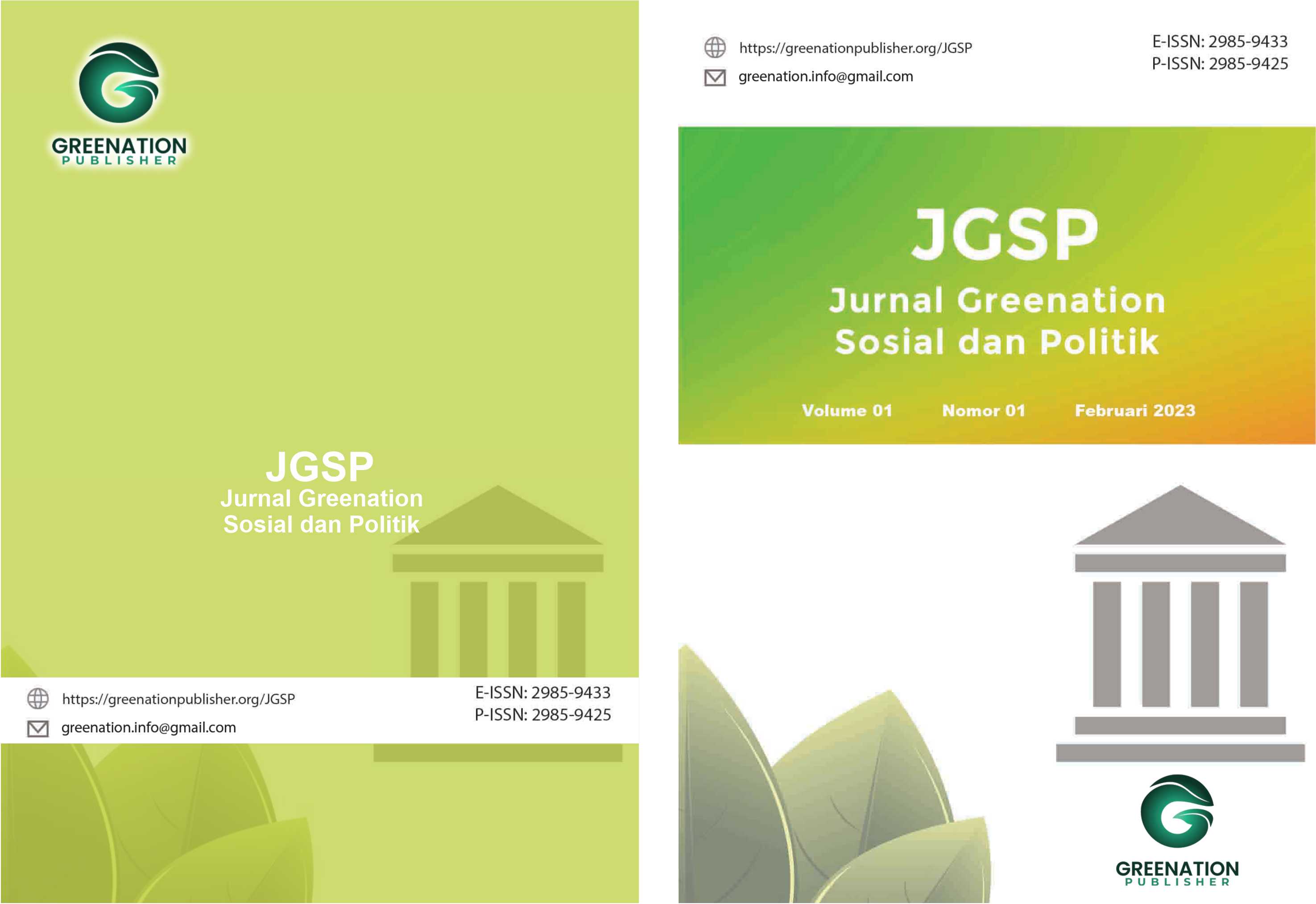Effectiveness of Investigator and Assistant Investigator Certification at the Special Criminal Investigation Directorate of Bengkulu Regional Police as a Mandatory Instrument to Improve Investigation Quality
DOI:
https://doi.org/10.38035/jgsp.v3i3.427Keywords:
Investigator certification, Criminal Investigation Directorate of the Bengkulu Regional Police, investigation quality, investigator competencyAbstract
This study examines the effectiveness of investigator and assistant investigator certifications at the Bengkulu Regional Police Criminal Investigation Unit as mandatory instruments for enhancing the quality of specialized criminal investigations. The certification process is outlined in Perpol No. 6 of 2019 and Perkap No. 99 of 2020, both of which emphasize the importance of competency standards and developing superior police human resources. The study analyzes how certification promotes legal compliance and enhances investigator professionalism through competency-based assessments. The research findings suggest that certified investigators have superior capabilities when conducting investigations by the Criminal Procedure Code (KUHAP) and Law No. 2 of 2002 by the National Police of the Republic of Indonesia. The improvement in investigation quality is reflected in investigations' completeness, accuracy, and compliance with legal procedures. This supports case success up to the P-21 stage. However, certification implementation faces obstacles such as limited trainers and competency assessors, an uneven distribution of certified investigators, and suboptimal integration of competency supervision between related work units. The study recommends strengthening internal regulations, digitizing training and competency assessments, and implementing an effective performance evaluation system to uniformly enhance investigator professionalism. These findings are expected to inform the development of human resource policies within the Indonesian National Police, promoting more professional and fair law enforcement.
References
Alfaisar, F. R. (2024). Efektivitas Kompetensi Penyidik Terhadap Tindak Pidana Korupsi. Journal of Lex Philosophy (JLP), 5(2), 1871-1886.
Assidiqi, S. (2025). Efektivitas assessment center dalam seleksi dan promosi jabatan di kepolisian negara republik Indonesia. Jurnal Konseling dan Pendidikan, 13(2), 28-38.
Bancin, J. D. (2024). PERAN PENGAWAS PENYIDIK (WASIDIK) DALAM PENANGANAN TINDAK PIDANA PENIPUAN PADA KEPOLISIAN DAERAH JAMBI. Jambi: Universitas Jambi.
Daeng, Y. S. (2024). Penegakan Hukum Pidana Dari Aspek Sumber Daya Manusia. Innovative: Journal Of Social Science Research, 4(4), 12981-12989.
Fahli, A. (2023). TINDAKAN POLISI RESORT LAMONGAN DALAM PENINGKATAN MANAJEMEN DAN KOMPETENSI SUMBER DAYA MANUSIA MELALUI BINTARA UNTUK MEMBANGUN CITRA KEPOLISIAN REPUBLIK INDONESIA. SIVIS PACEM, 1(2), 195-221.
Haniyah, H. (2024). Legal Reconstruction of Error in Persona Cases: Justice Enforcement Challenges Based on Due Process of Law Principle. Reformasi Hukum, 28(3), 168-186.
Harun, H. W. (2023). Penerapan Asas Contante Justitie Terhadap Efisiensi Pelimpahan Berkas Perkara Dari Penyidik Kepada Penuntut Umum. Philosophia Law Review, 3(2), 145-170.
Inaray, F. Q. (2024). Analisis Pengembangan Sumber Daya Manusia Penyidik pada Subdit II Harda Bangtah Reserse Kriminal Umum di Kepolisian Daerah Sulawesi Utara. Innovative: Journal Of Social Science Research, 4(4), 2573-2587.
Ismoyo, J. D. (2025). Teori Negara Hukum Modern. Jambi: PT. Sonpedia Publishing Indonesia.
Iswahyudi, A. S. (2025). Pengaruh Kompetensi Penyidik dan Kepercayaan Pada Kepemimpinan Terhadap Kinerja Anggota Satuan Reskrim. Jurnal Portofolio: Jurnal Manajemen dan Bisnis, 4(1), 104-120.
Khadjar, I. (2024). MODEL PENINGKATAN PROFESIONAL PERSONIL KEPOLISIAN MELALUI MANAJEMEN KARIR, PENDIDIKAN KEPOLISIAN DAN KOMPETENSI PROFESIONAL. Jurnal Studi Multidisipliner, 8(12).
Kurniasih, D. I. (2024). Pengaruh Kompetensi Dan Leader Member Exchange Terhadap Kinerja Penyidik Dengan Anti Perubahan Sebagai Moderasi Pada Ditreskrimum Polda Jateng. Jurnal Litbang Polri, 27(3), 228-244.
Malik, K. J. (2023). Determinant Factors in the Implementation of Merit System: An Overview of Indonesian Case. Asian Journal of Social and Humanities, 2(03), 665-675.
Muhammad, H. (2023). KEDUDUKAN HUKUM PROSEDUR OPERASIONAL STANDAR DALAM PROSES PENYIDIKAN PERKARA TINDAK PIDANA PADA KEPOLISIAN NEGARA REPUBLIK INDONESIA. Makassar: Universitas Hasanuddin.
Permono, Y. S. (2023). Prosedur Penyidikan Tindak Pidana Narkotika Oleh Anak Dibawah Umur Di Satrespolresta Sidoarjo. Judiciary (Jurnal Hukum Dan Keadilan), 12(1), 1-20.
Purwono, U. H. (2024). Rekonstruksi Paradigma Penyidikan Dalam Sistem Negara Hukum Pancasila untuk Mewujudkan Keadilan Berdasarkan Pancasila. Binamulia Hukum, 13(2), 483-499.
Sanusi, M. A. (2022). Sanusi, M. A. G., Niasa, L., & Faisal, A. Sultra Law Review, 4(1), 2063-2079.
Sekarsari, D. M. (2022). Wewenang kepolisian dalam melakukan penyidikan tindak pidana korupsi. Jurnal Preferensi Hukum, 3(3), 578-584.
Sinaga, M. R. (2023). Tindak Pidana oleh Anak: Suatu Kajian dan Analisis Fungsi Sertifikasi Penyidik Anak di Kepolisian. UNES Law Review, 6(1), 484-492.
SUDARNO, S. (2024). ANALISIS YURIDIS PENYELIDIKAN DAN PENYIDIKAN TINDAK PIDANA KORUPSI PENGADAAN BARANG DAN JASA MELALUI E-PURCHASING (Studi Berkas Perkara No: BP/60/XI/2022/Ditreskrimsus Polda Jateng). Semarang: Universitas Islam Sultan Agung Semarang.
Downloads
Published
How to Cite
Issue
Section
License
Copyright (c) 2025 Andriyani Merawati, Purwadi Wahyu Anggoro, Joko Setiono

This work is licensed under a Creative Commons Attribution 4.0 International License.
Hak cipta :
Penulis yang mempublikasikan manuskripnya di jurnal ini menyetujui ketentuan berikut:
- Hak cipta pada setiap artikel adalah milik penulis.
- Penulis mengakui bahwa Jurnal Greenation Sosial dan Politik (JGSP) berhak menjadi yang pertama menerbitkan dengan lisensi Creative Commons Attribution 4.0 International (Attribution 4.0 International CC BY 4.0) .
- Penulis dapat mengirimkan artikel secara terpisah, mengatur distribusi non-eksklusif manuskrip yang telah diterbitkan dalam jurnal ini ke versi lain (misalnya, dikirim ke repositori institusi penulis, publikasi ke dalam buku, dll.), dengan mengakui bahwa manuskrip telah diterbitkan pertama kali di JGSP.
























